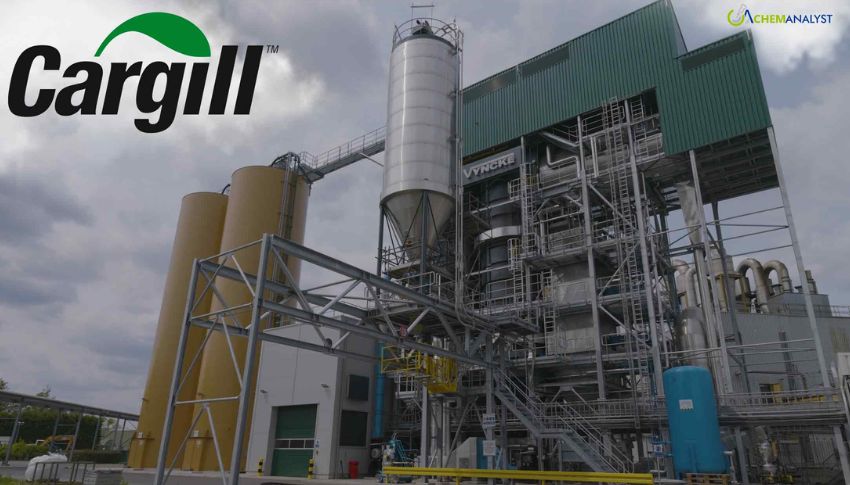Welcome To ChemAnalyst

Cargill has unveiled a groundbreaking transformation of its global cocoa supply chain, implementing interconnected investments aimed at drastically cutting carbon emissions, eliminating waste, and boosting efficiency. These initiatives span from cocoa origin countries in West Africa to processing hubs in Europe, setting a new benchmark for sustainable practices in the industry.
Cargill, a global leader in agricultural and food products, announced today a sweeping transformation of its worldwide cocoa supply chain, marking a significant stride towards a more sustainable future. The company is investing in a series of interconnected initiatives that promise to substantially reduce carbon emissions, eliminate waste, and enhance operational efficiency across its entire cocoa journey, from West African farms to European processing facilities.
The transformation begins at the source in West Africa. In Côte d’Ivoire where cocoa shells, traditionally discarded as waste, are now repurposed to fuel biomass boilers, providing clean energy for operations. Similarly, in Ghana, a new solar plant has been installed to power Cargill’s production facilities in Tema. Furthermore, the introduction of new ISO tanks is replacing single-use disposable packaging.
Upon arrival in Europe, cocoa beans and semi-finished products enter a meticulously integrated logistics network designed for maximum environmental benefit. Beans are now stored in state-of-the-art, solar-powered warehouses located near Amsterdam. From these facilities, the cocoa is transported to Cargill’s factory in Zaandam via the world’s first fully electric barges. This innovative transport solution is projected to eliminate a remarkable 190,000 kg of CO2 emissions annually. The electricity powering these electric vessels is sourced from Windpark Hanze, a collaborative Renewable Energy Partnership with Vattenfall.
The cocoa shells are again used as fuel for Cargill’s new biomass boiler in Amsterdam. This advanced boiler is set to slash greenhouse gas emissions by nearly 19,000 tons each year. When combined with the output from the Windpark Hanze, the total CO2 emissions reduction achieved by these initiatives reaches an impressive 31,000 tons per year, representing up to a 90% reduction in site CO2 emissions.
The final stages of the supply chain are also optimized for low-emission transport. Semi-finished cocoa products are shipped to world’s largest cocoa processing site at Wormer using BIO LNG trucks. Finished cocoa powder is then stored at a next-generation warehouse in Zaandam.
The culmination of this reimagined journey leads to chocolate production, where Cargill’s semi-finished cocoa products are delivered to its own chocolate processing sites and its customers across Europe. This final leg is also powered by renewable fuels and utilizes short sea shipping, directly contributing to Cargill’s ambitious global target to reduce supply chain emissions by 30% per ton of product by 2030.
We use cookies to deliver the best possible experience on our website. To learn more, visit our Privacy Policy. By continuing to use this site or by closing this box, you consent to our use of cookies. More info.
